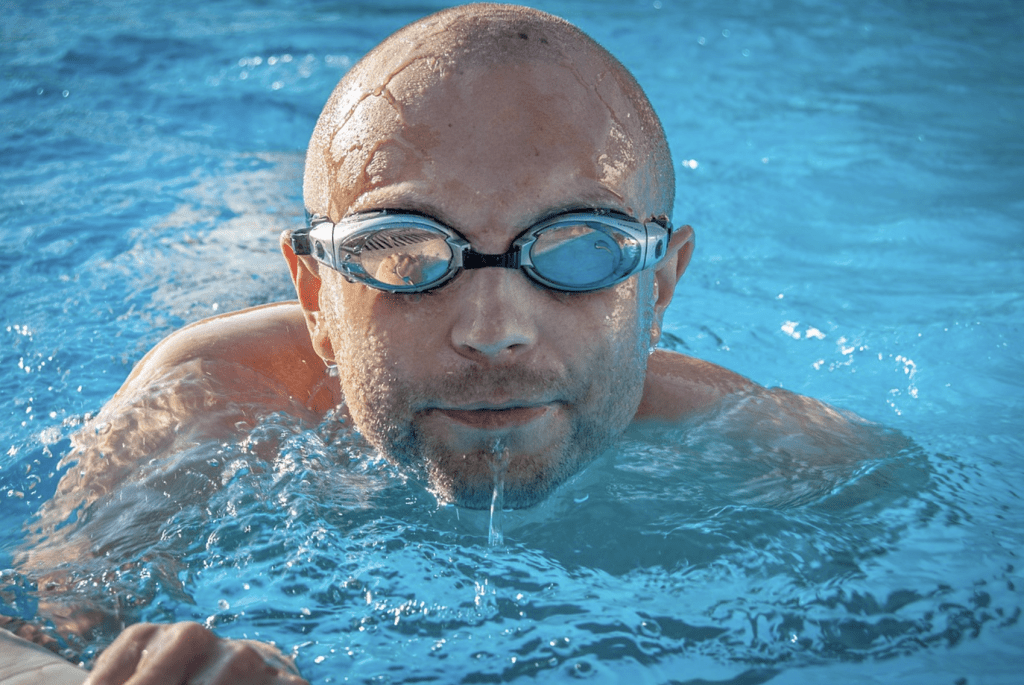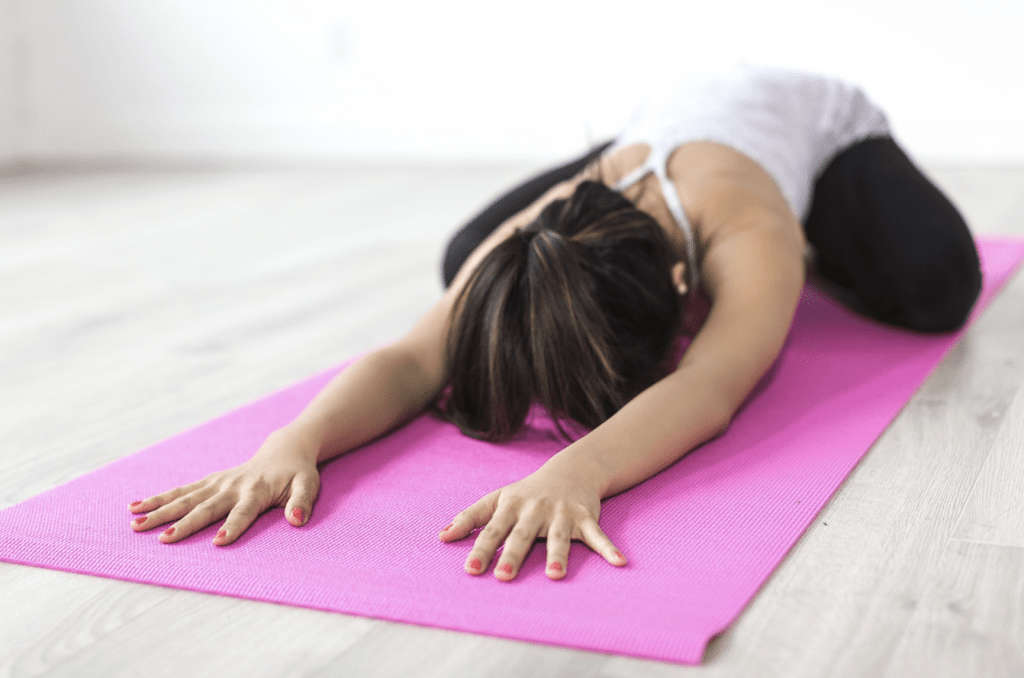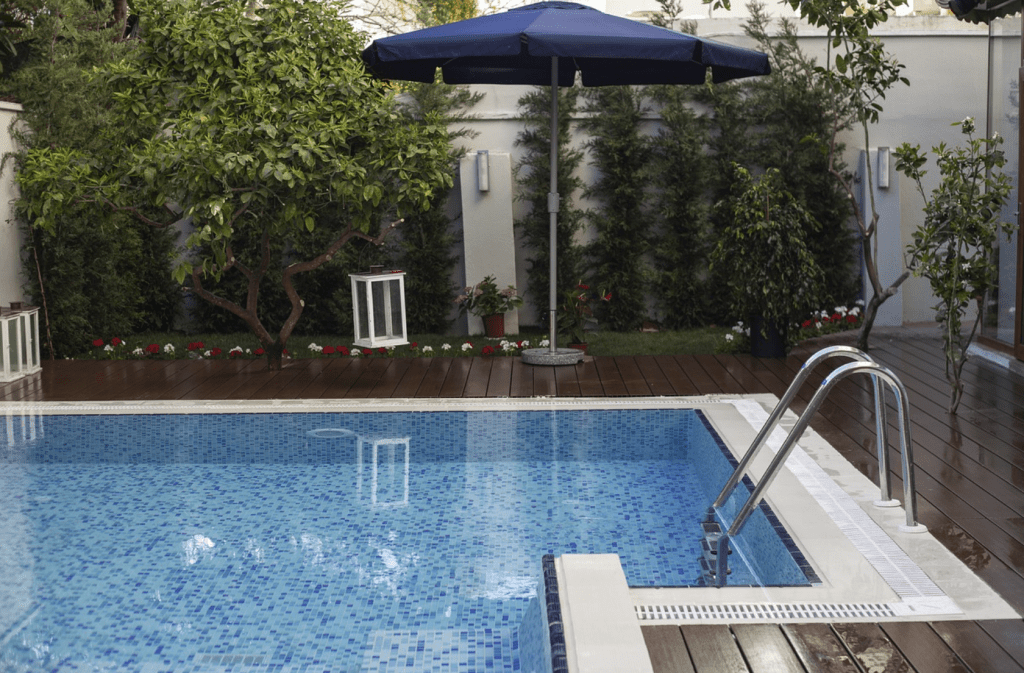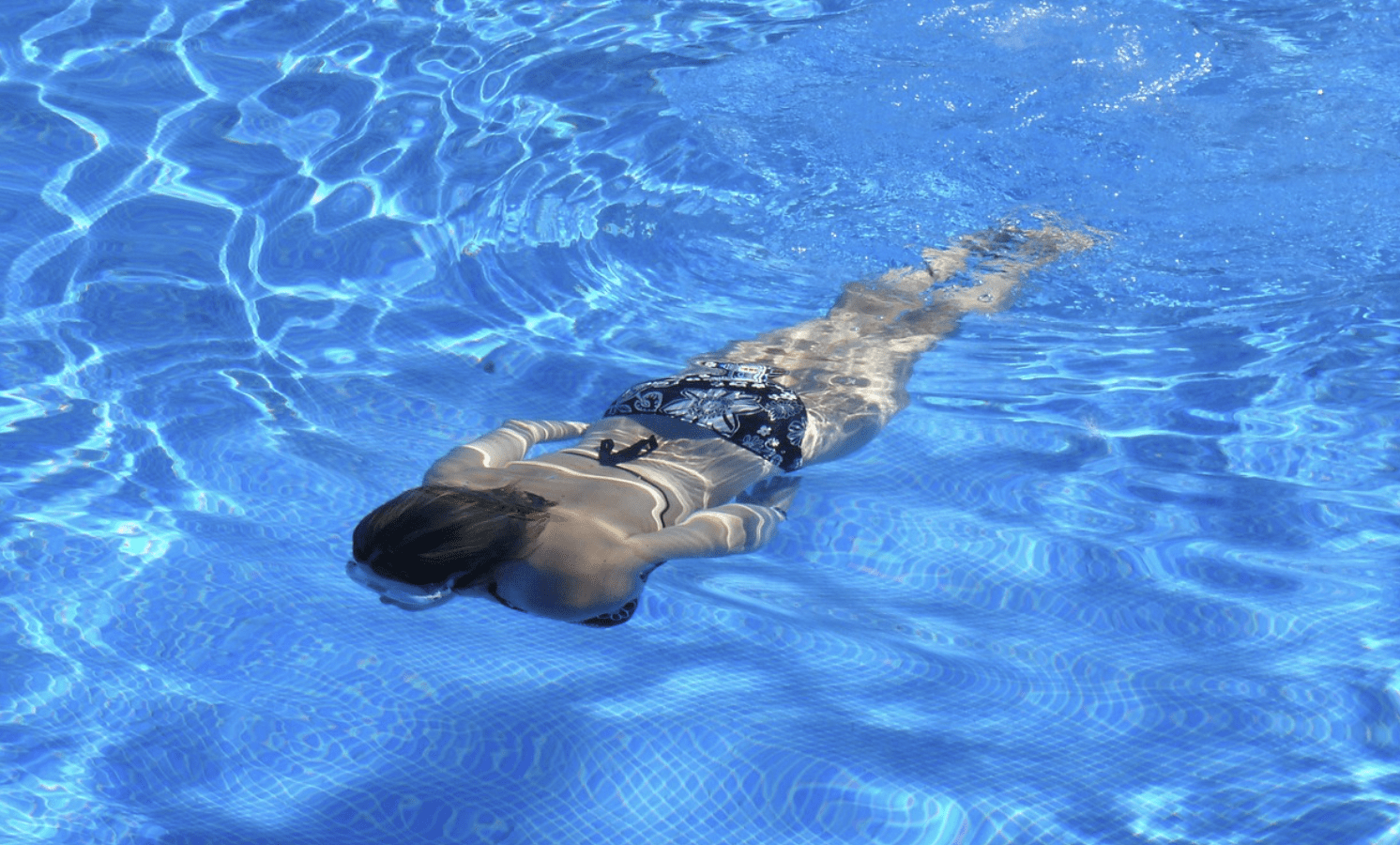Swimming in the pool offers not just a refreshing experience but also a path to enhanced health and fitness.
Water workouts share similarities with land-based exercises, contributing to improved blood pressure, cognition, muscle strength, calorie burning, and cardiovascular fitness. The density of water compared to air provides increased resistance, enabling individuals to exercise comfortably while still challenging their muscles.
Austin Way, a certified personal trainer and fitness director at Cal-a-Vie Health Spa in Vista, Calif., emphasizes the impact of water on reducing the effects of gravity, facilitating a broader range of movement.
The Benefits of Making a Splash
A comprehensive study by the British Geriatrics Society in 2016 revealed that engaging in two water exercises weekly significantly enhances the physical functioning of individuals aged over 50. Daniel Daly, Ph.D., a professor at KU Leven University, Belgium, specializing in kinesiology, rehabilitation science, and physiology, notes the improvements in agility and flexibility.

For those grappling with osteoarthritis, especially knee or hip issues, pool exercises offer substantial relief. Carol A. Oatis, a physical therapist at Arcadia University, explains that buoyancy in water reduces pressure on knees and hips during activities performed in weight-bearing positions, alleviating discomfort.
Making Exercise Enjoyable
Research indicates a preference for aquatic exercises over land-based alternatives, possibly due to their perceived ease, allowing individuals to work at higher intensities. Activities like running or walking in the shallow part of a pool with a flotation vest can be enjoyable.
To maximize benefits, engage in a moderate-intensity water routine twice a week.
Explore Aquatic Fitness Classes
Consider trying group aqua fitness classes, available at local health clubs, YMCAs, and community pools. Here are five options:
Ai Chi: This form of Tai Chi involves slow movements and deep breathing in shoulder-depth water, potentially improving balance and movement.
Aqua Cycling: Participants ride stationary bikes in a shallow pool, with water providing resistance determined by pedaling speed.
Aqua Pilates: Strengthening exercises like side bends and leg circles are performed in the shallow part of the pool or on a stable floating platform, enhancing the recruitment of deep stabilizing pelvic and spinal muscles.
Aqua Yoga: Performing various yoga poses while standing in the pool, leveraging the water’s properties to achieve unique bends.

Aqua Zumba: Described as an aquatic party, this class involves learning easy-to-follow dance moves set to music, boosting heart rate and enjoyment.
Incorporating aquatic exercises into your routine offers a refreshing and effective approach to maintaining a healthy and active lifestyle.
The Therapeutic Essence of Aquatic Workouts
Beyond the physical benefits, engaging in aquatic exercises contributes to holistic well-being. The therapeutic aspect of water workouts extends to mental and emotional health.
The serene environment of a pool, combined with the rhythmic movements in water, creates a calming effect. This can be particularly beneficial for individuals facing stress, anxiety, or emotional disturbances. The buoyancy of water reduces the impact on joints and muscles, fostering a sense of relaxation during and after the workout.
The social aspect of group aquatic fitness classes adds another layer of well-being. Connecting with others in a supportive and enjoyable setting enhances the overall exercise experience. Shared laughter, encouragement, and camaraderie contribute to a positive mindset, reinforcing the commitment to regular exercise.
Crafting a Personalized Aquatic Fitness Routine
As you embark on your aquatic fitness journey, consider tailoring your routine to align with your individual preferences and goals. Experiment with different aquatic classes to discover the activities that resonate most with you. Whether it’s the flowing movements of Aqua Yoga or the lively beats of Aqua Zumba, finding joy in your chosen exercise is key to long-term adherence.
For those with specific health considerations or physical limitations, consulting with healthcare professionals or certified aquatic instructors is crucial. They can provide personalized guidance, ensuring a safe and effective exercise regimen. Additionally, understanding the intensity levels and duration suitable for your fitness level will optimize the benefits without compromising well-being.
Embracing a Lifelong Commitment to Aquatic Fitness
Aquatic fitness is not just a short-term trend; it’s a sustainable and enjoyable way to stay active throughout life. As you witness the positive transformations in your physical health, mental well-being, and social connections, the motivation to continue will naturally grow.

Consider integrating aquatic workouts into your weekly routine, viewing them not just as exercises but as rejuvenating experiences. The pool becomes a haven for self-care, a place where you can escape the stresses of daily life and immerse yourself in the invigorating embrace of water.
In conclusion, diving into aquatic fitness goes beyond the strokes and movements—it’s a holistic journey towards a healthier, happier, and more vibrant you. So, grab your swimsuit, embrace the soothing waters, and embark on a lifelong adventure of aquatic well-being.



+ There are no comments
Add yours